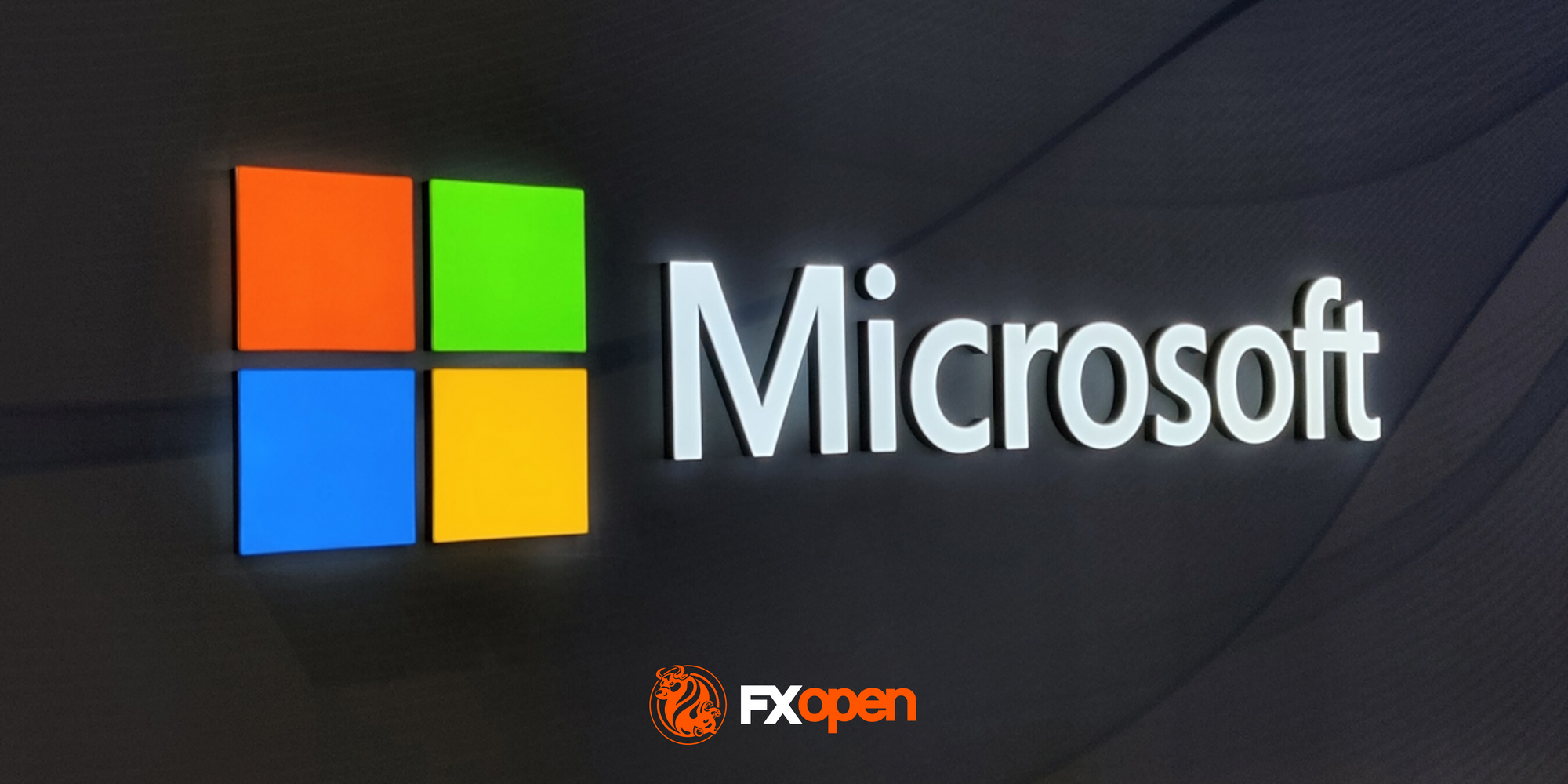FXOpen

Demo trading has become an indispensable tool for traders to test out their skills and gain experience before entering the real market. In this article, we’ll look at the benefits of demo trading, including its ability to help traders develop discipline, improve decision-making skills, and reduce emotional strain.
What Is Demo Trading?
Let’s first explore the meaning of demo trading. This is a popular type of trading in which a trader gets access to various assets such as stocks, indices, forex, or cryptocurrencies* and can trade them without putting real money at risk. It is used by both those with little experience and experienced traders.
Since demo trading is a simulation, it’s a safe and simple way for you to learn how to trade various assets. And it’s an effective method to gain experience and build confidence in markets you haven’t tried. Additionally, it allows traders to learn from their mistakes and refine their skills without suffering any financial losses.
If you are interested in forex, stock, index, cryptocurrency*, commodity, or ETF CFD trading and want to gain practical experience, a demo account will allow you to get acquainted with the TickTrader, MetaTrader, and TradingView terminals.
How Does Demo Trading Work?
In brief, it involves practising trading strategies using virtual money and real market data, charts, and other instruments. On trading platforms such as FXOpen, you can find a demo account — this will be your risk-free environment with a certain amount of virtual money. Typically, a round number such as $100,000 or $1 million is used as the demo portfolio balance.
A demo account does not differ from a real one in terms of functionality. You can choose any asset you like, check its past performance, perform technical analysis, and place trades. You will see how the price of the asset changes and learn how accurate your predictions were. All your losses and gains will be based on real-time market movements, but you won’t make or lose money.
The optimal way to use a trial account, so to speak, is to make your first trades rationally and then track your progress in this safe environment. You can analyse your trades and evaluate your performance to change your strategy if needed.
Why Is It Useful to Trade on a Demo Account?
The benefits of demo trading are enormous. Practising strategies and techniques in a demo environment helps traders identify risks and avoid making costly mistakes. Moreover, traders develop discipline, patience, and emotional control and learn to avoid impulsive decisions. Let’s see all the advantages in more detail.
- Preparing for real trading — using a demo environment is a great method to prepare for real trading with your new trading approach or in a new financial market.
- Building confidence — experiencing the ups and downs in a simulated environment helps build confidence in your abilities.
- Developing discipline — trading requires a firm hand and patience, and a demo environment will help you develop these skills, avoid frustration and fear, and eventually feel more confident.
- Managing the risk of losses in the future — practising different strategies helps determine potential risks and avoid making mistakes when dealing with real money.
- Identifying strengths and weaknesses — by analysing your trades and performance, you can find areas for improvement and work on polishing your skills and strategies.
In conclusion, practice and preparation are essential for success. Demo trading has pitfalls as the psychological biases change when a trader enters a live market and risks real funds. Still, it’s great that demo accounts give freedom to experiment and learn without monetary consequences and an opportunity to explore various approaches. Even if you are an experienced trader, you can use this type of trading to practise, so don’t hesitate to try.
Once you are confident in your trading approach, you can open an FXOpen account today to start your journey.
*At FXOpen UK and FXOpen AU, Cryptocurrency CFDs are only available for trading by those clients categorised as Professional clients under FCA Rules and Professional clients under ASIC Rules, respectively. They are not available for trading by Retail clients.
This article represents the opinion of the Companies operating under the FXOpen brand only. It is not to be construed as an offer, solicitation, or recommendation with respect to products and services provided by the Companies operating under the FXOpen brand, nor is it to be considered financial advice.
Stay ahead of the market!
Subscribe now to our mailing list and receive the latest market news and insights delivered directly to your inbox.








